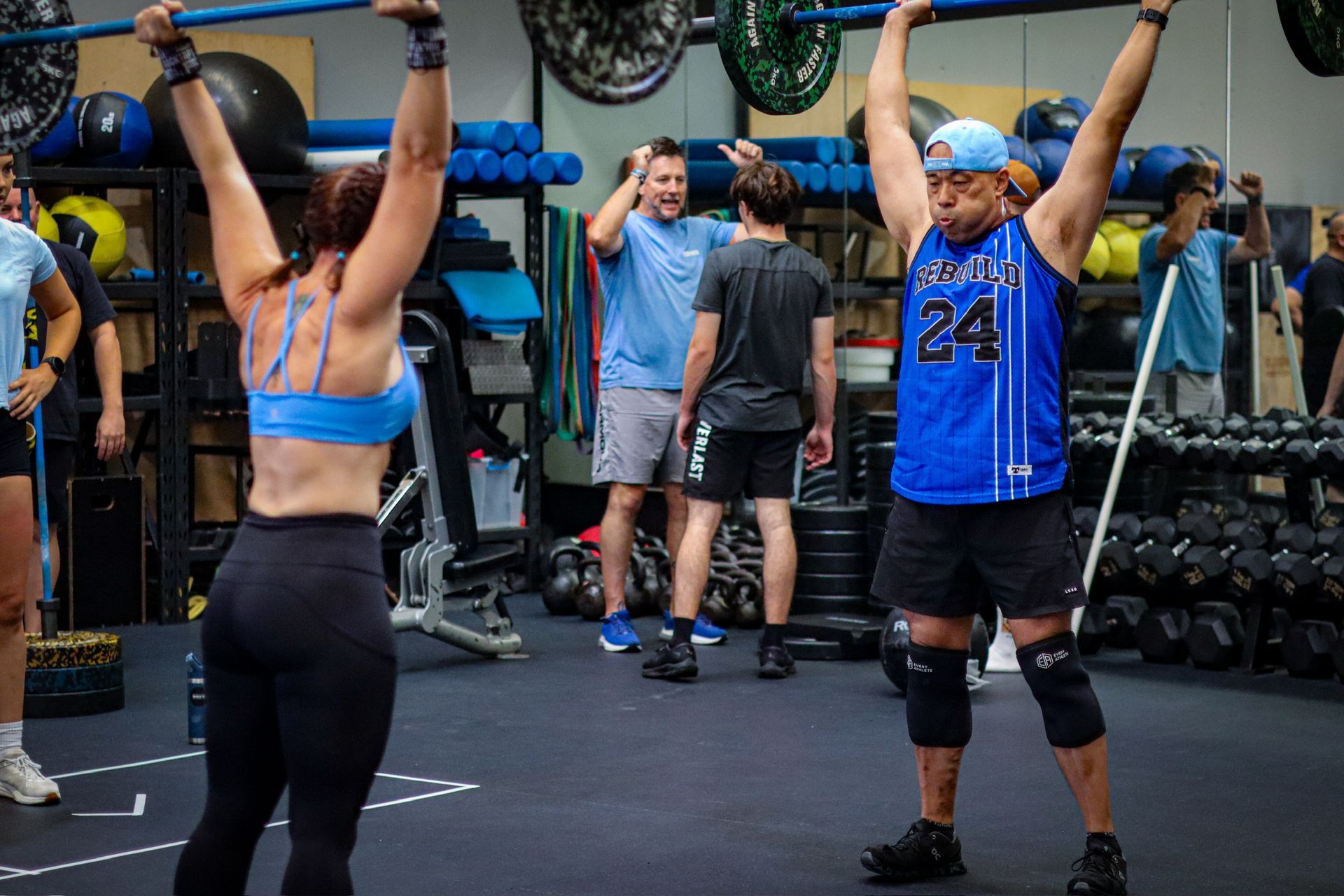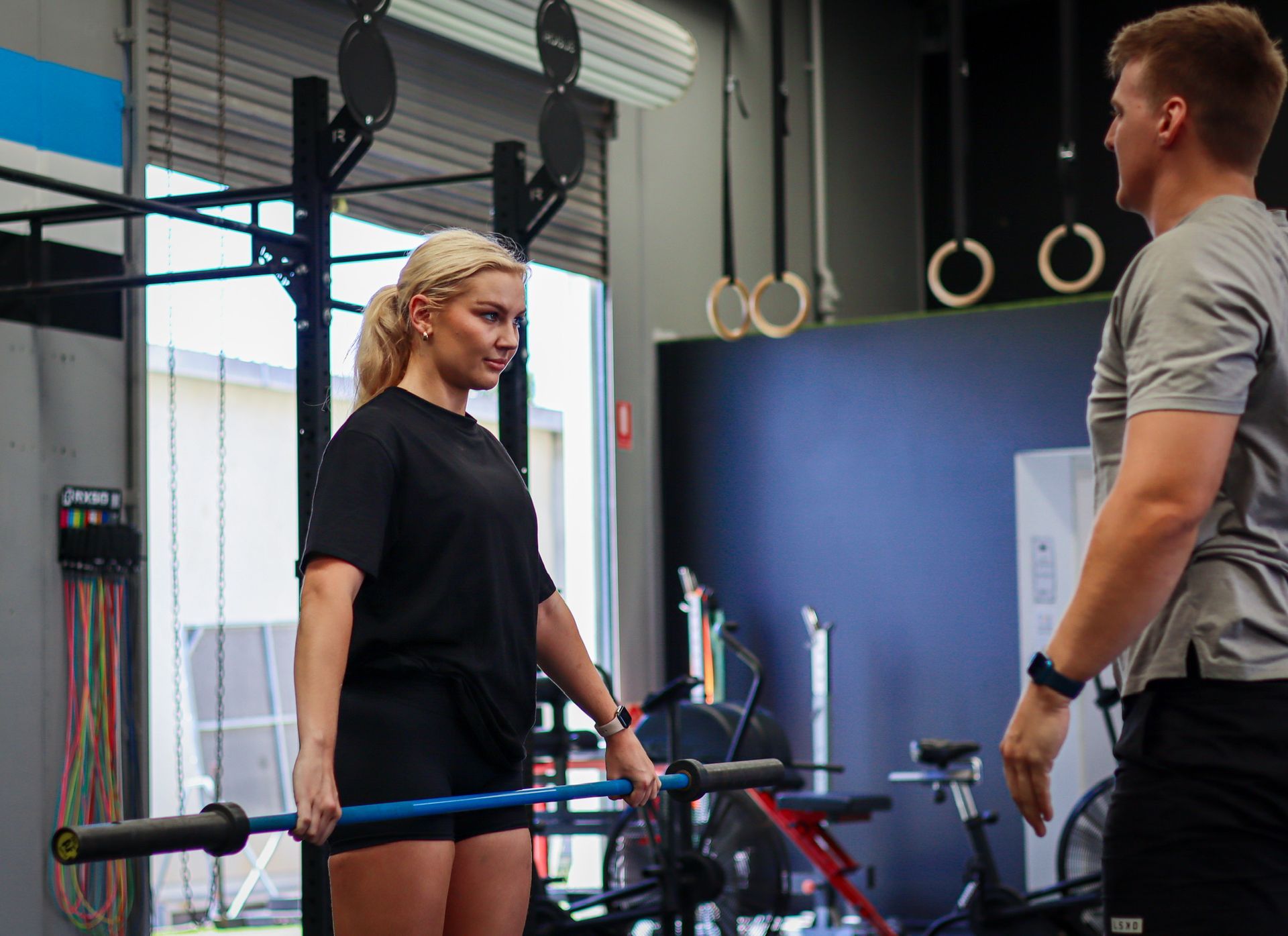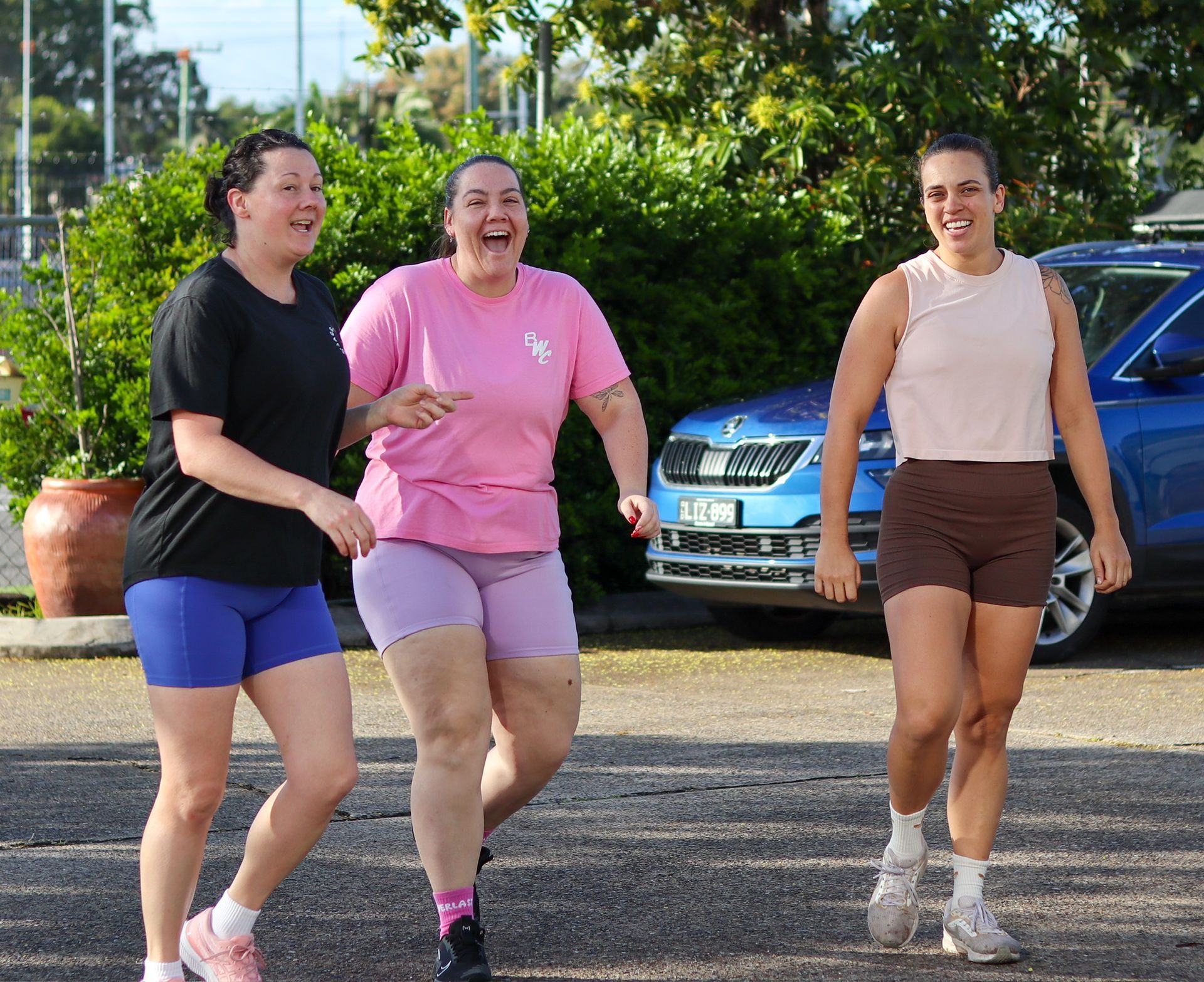Is Not Having Enough Time a Legitimate Excuse? How To Find Time For Your Health
We often believe we’re too busy with work, family, and social commitments to take time out for ourselves and our fitness – and while it may be true to a certain extent, there are some habits you can adapt to easily fit some time in to train. This week, the boys discuss ways in which you can make the most out of the time you have and the importance of prioritising yourself.“We all have 24 hours in our day”A simple truth we’re not quite ready to admit is that we do create several excuses for ourselves and for not having enough time. For the same reason, it’s important to step back and take a look at what really it is that you’re doing with your time – are you spending it doing things that actually need the allotted time? Is your time being spent productively? Are there tasks that can be done quicker or more efficiently? Sean believes that “We're extremely distracted, over-stimulated and underrested, so it can give us the feeling of not having enough time.”“Everyone uses the excuse, ‘I just don’t have enough time,’ like it’s so common but quite often when you break down this perspective, you’ll realise that people are really busy but they’re not doing anything productive. They’re doing lots of other things that aren’t serving them any purpose,” he adds.And the saying, ‘We all have 24 hours in our day,’ doesn’t help all that much and instead, makes us feel quite guilty about how we’re spending our time. James says, “I hate the saying ‘We all have 24 hours in a day,’ it’s such an influencer thing to say. Yes, there are 24 hours in a day but, we do not have the same 24 hours. However, it comes down to what we're trying to achieve. I don’t want to hear anyone say that but at the same time, if it means enough to us and we want to get something done then we can create time to get it done.”Sean adds to this by saying, “Everyone’s got stuff going on and everyone’s got different challenges. To just paint it with one brush and be like ‘Hey everyone’s got the same amount of time to do something’ – it’s not the same. People really excel when they’re good at prioritising their time, you have a plan, and you stick to it.”Parkinson’s law and priorities Parkinson’s law, in the simplest of terms as described by Sean, means, “The amount of time you give to a task is the amount of time it will take to complete.” And the Parkinson’s law is something Rebuild Health and Fitness ethos is based on.He adds, “Some days that means you might have a 90-minute training session, or maybe you want to do an hour-long session but, things come up, calls take longer, might need to pick your kids from day-care and you end up with just 20 minutes. Instead of spending those 20 minutes on social media, do something with it instead; go for a walk, have a little jog, do some squats, you have 20 minutes. I guarantee you if you commit to that 20-minute block and you do some training, you'll finish like a million bucks because you said you were going to work out and you did it.”James also shares his insights on how you can use Parkinson’s law to make life easier for yourself. “Parkinson’s law is an absolute winner. If you are busy it helps you eliminate a lot of those excuses. Schedule your workout, you have to make it non-negotiable. That doesn’t mean you have to work out five times a week or six times a week, that could mean you only work out twice a week but be consistent with it.”Another important factor they discuss is the need to be able to prioritise some tasks, and especially yourself. There will always be some situations where you’re stuck with a tight schedule and are unable to make time for something that was super important – which is why being able to plan your day according to what you need to accomplish the most is key.“We need to find more time in what we do. If u want to go from level C to level A, you have to get better at stuff, you have to get better at time management. No matter what job you have, you will never reach your full potential unless you prioritise your time,” shares Sean.He also beautifully explains why it’s so important to always prioritise yourself first, before anything or anyone else, and in any circumstance. “The most important thing is to put yourself first. When you prioritise yourself, everything else gets easier; you feel like you have more time to give to everyone else instead of feeling like everyone is taking time away from you. Even if you have kids, you have to look after yourself first and foremost because you’ve got people that rely on you. From there it goes on to what’s more important to you, that’s when you need to see what you value most and what needs the highest level of priority. This can change from day to day or week to week but as long as you’re prioritising yourself, you’re in a better place because you’re looking after yourself. Everyone who has ever adapted this mindset is a better person because they’re in a better place because they look after themselves.”Make it fun One way James believes you can and will make time for yourself to train is by making the activity fun. Nobody wants to make time if they know it’s going to make them feel miserable. Changing things up may be exactly what you need.James says, “Making it enjoyable helps. Find a community, find a gym nearby, or get a friend you can train with who can keep you accountable. Just make it fun somehow because the last thing you want to do is to get into your garage and do something that absolutely sucks.”According to Sean, training around people or making your journey convenient for yourself can help you become more consistent with not only making time but also with working out. “Some people need to be around people. From a training point of view, people will always train better with people and everyone is naturally a little competitive, a good environment is hugely beneficial to your training potential. You could also eliminate your journey to make exercise convenient. If you’re trying to train, make sure your gym is nearby. You won’t want to commute and it’s just convenient to have a gym near you. And with that as well, it makes it easier to go to the gym and then work or go to work and then the gym; so, pack your bag, take your trainers, take your workout gear. Because if you go to work and then come home first, the likelihood is that you'll stay at home. Make it as easy for yourself as you can,” he adds.
Previous Blogs




